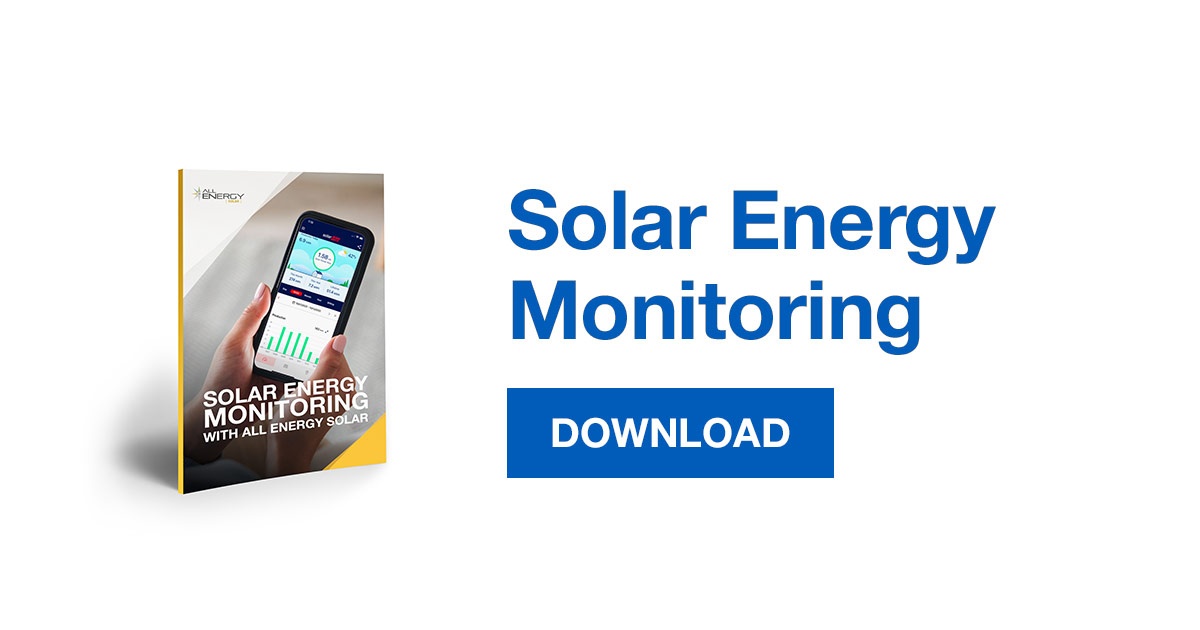
Does your roof get sufficient exposure to the sun?
An essential question any installer will consider when assessing a roof’s viability for solar is— does it get adequate sunlight. When a roof isn’t receiving enough sunlight to be viable for solar, it’s often a result of obstructions such as trees that can be cut or trimmed to remedy the issue.
Is your roof in good condition?
Having a structurally sound roof isn't just essential for installing solar panels but for the longevity of your home. It's also important to consider your roof's age, condition, and material. Because solar panels last a good 20-30 years before they need to be replaced, it only makes sense not to install them over a roofing material that is in need of replacement in a few years.
What’s your roof made of?
Most residential properties have asphalt shingles which are ideal for solar rooftop installations. However, other roofing materials, such as metal, clay tiles, rubber, EPDM, PVC or TPO, can also be suitable for solar applications. The two materials that can be problematic are wood or slate roofing tiles.
How much viable surface area does your roof provide?
Your energy demands or goals will determine how big of a system you'll need. But to meet those numbers, an experienced installer will need to assess if you have enough space on your rooftop that is free from obstructions such as dormers, vent pipes, chimneys, or even skylights. In cases where a property owner doesn't have a viable roof to meet their energy needs often, a ground-mounted solution may be an option.
If you're interested in switching to environmentally friendly, clean, renewable solar energy but are uncertain if your roof is a good fit, contact an All Energy Solar representative to get an expert assessment. 





